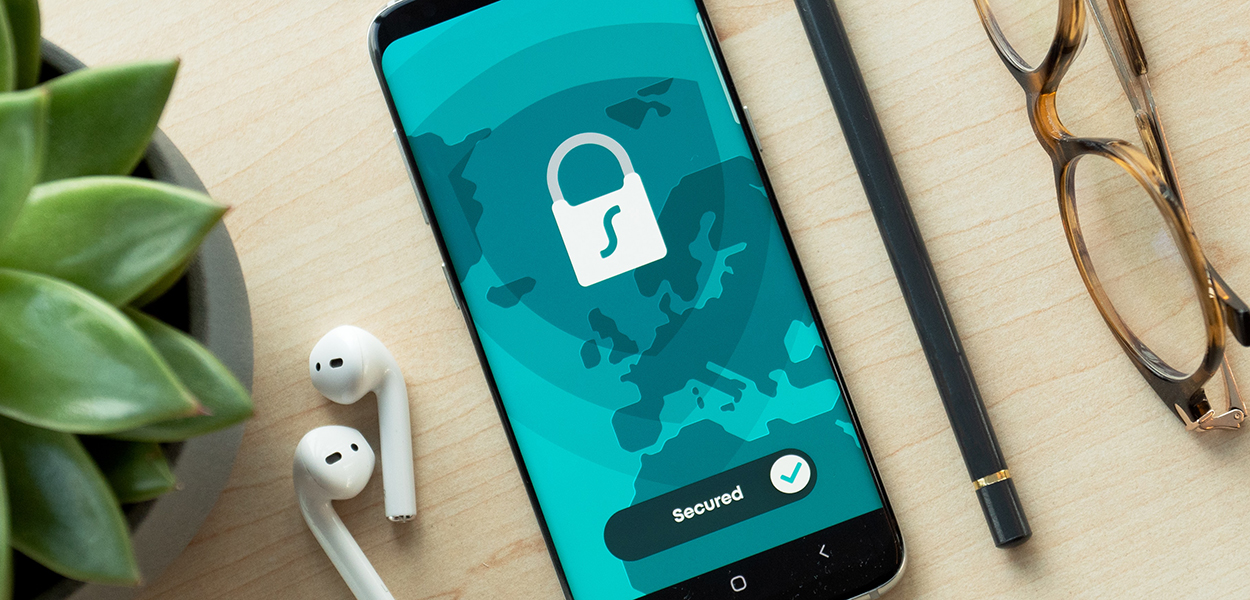Having a secure computer network is something that is imperative to every company and in this article we are going to look at some of the areas that need to be secured. The aim is to get you thinking about your network and your security and what areas of security need improvement.
Physical Security
The first step in securing your computer network is making sure that you have your office, computer room, computer cabinets and hosting facilities secure. If someone who is trying to access your network can easily get physical access to your network, their job suddenly becomes a whole lot easier. At the most basic level, you should consider your physical security. Your staff needs to take responsibility to ensure doors and windows are locked, and the alarm is switched on when leaving the building at night. Physical security is not something that iPing are experts in and we suggest that you consult a security expert company like DFB Securities for this.
Data Backup
Every secure network needs to have a robust data backup strategy in place. If for some reason someone gains entry to your office and vandalises your computers, network or servers you need to make sure that you have all your company’s critical data backed-up. Hardware and software can always be replaced but if you do not have a robust backup of your data in place, your company will be in trouble. At times you may also have to restore a computer or server from a previous state to confirm that you have removed a virus. iPing suggest you use a combination of online backup and local backup for best results.
Virus Protection / Internet Security
A company needs to-be protected from Viruses if it is to stand any chance of passing a basic security audit. Viruses can let hackers access your network remotely, copy data from your computers and see what you are doing on your computer at all times. Once a computer has been compromised with viruses, it is a timely and costly issue to fix. This is a definite case where prevention is better and cheaper than the cure. iPing suggest that you install your antivirus as soon as you get a new computer and if possible it should be installed before the computer is put on the network. Once you have your antivirus installed, you need to make sure you are running regular virus scans and updating your antivirus definitions daily. iPing recommend Eset-NOD antivirus to our clients.
Firewall
A secure network has a firewall installed that is better than the basic one that comes with your Broadband connection. A Firewall is the first line of defence for protecting your network from all the threats on the Internet. A good Firewall will help lock down your network from the outside and it will also help you control and monitor what is happening inside your network. iPing use Cisco & Sonicwall Firewalls and they catch viruses before they get into the network, prevent hackers accessing the network and also stop your users from going to websites that could harm your network.
Software Patches
To have a secure network, you need to make sure that your computers and servers are secure. One of the steps in making sure your computers and servers are secure is to make sure that software patches are applied to them. In most cases you can let Windows automatic updates deal with updating the operating system but you must make sure you are updating other software that you use to help keep your computer secure. You need to remember that your network is only as secure as the weakest link and if you do not update your computers, you are weakening your network.
Password Management
Every company need to give some serious consideration to what passwords people are using to secure their computer accounts. If your users are using simple passwords or the same password for all their accounts, they are potentially weakening your network security. Your company should have a minimum password length of eight characters and passwords should be a mixture of numbers, letters and symbols.
Laptops, Phones & removable devices
Anything that employees take out of the office to assist them with doing their jobs and connecting to the company’s network needs to be secured. You should be encrypting laptops and USB disks and there should be passwords and pin codes on your phones. It may sound basic but you should never have passwords stuck onto a laptop and you should never save important passwords in your mobile.
Staff Training
Whenever a new person starts in your company, they will go through an induction program where they learn about the company and how to do their job. iPing suggest that as part of this induction process, staff should be made aware of the importance of computer security in the company and how they should always be vigilant for security vulnerabilities. Your staff play an important role in keeping your computer network secure, so let iPing help you in training your staff to be more secure.
Remote Connections & Home Offices
If there are sales people or other members of staff who are working on the road or if there are staff members who are working from home, you need to apply all of the criteria in this document to the areas that these members of staff are working from. As we have said your network is only secure as its weakest point and if it is easy for someone to access your network from a remote home connection or office, this could pose a big risk.
At iPing helping our clients have a secure network is a passion of ours. If you would like us to help you secure your network, please give us a call on 01 5241350 or e-mail us on This email address is being protected from spambots. You need JavaScript enabled to view it..


